In this teeming metropolis we call home, nature is all around us whether we pause to carefully observe it or not. Amaranth springs through the cracks in our sidewalks; migrating warblers rest in our parks; horseshoe crabs scuttle onto our beaches to breed. As a NYBG Urban Naturalist, you will have a unique opportunity to explore these diverse habitats while discovering the keys that unlock their many secrets. Enroll in a course for fun or pursue a Certificate.
Click here for an overview of the Certificate Program.
February
|
|
|
|
Urbanization
is
changing
biodiversity,
interspecies
relationships,
and
even
animal
behavior,
in
the
tri-state
area
and
beyond.
Liz
Johnson,
former
manager
of
AMNH's
Metropolitan
Biodiversity
Program,
will
introduce
you
to
the
particular
habitats
found
here,
as
well
as
plants
and
animals
more...
|
|
263NAT338BO
|
02/26
|
Th
|
10:00am-12:00pm
|
Johnson
|
ONLINE
|
March
|
|
|
|
Get
a
solid
grounding
in
the
basic
plant
body-from
the
cell
to
the
roots,
stems,
leaves,
flowers,
and
fruit.
We'll
use
dissecting
and
compound
light
microscopes
to
observe
plant
anatomy,
then
introduce
the
base-level
chemistry
required
to
understand
the
world
more...
|
|
263BOT315DO
|
03/01
|
Su
|
10:00am-1:00pm
|
Bijkerk
|
ONLINE
|
|
|
|
|
Take
your
knowledge
of
botanical
nomenclature
to
the
next
level.
In
this
course,
you'll
look
closely
at
plants
to
better
understand
and
identify
their
diversity
and
similarities.
Examining
plant
structures
can
seem
tricky,
as
some
resemble
each
other
but
belong
more...
|
|
263GAR366O
|
03/03
|
Tu
|
10:30am-12:30pm
|
Bakshi
|
ONLINE
|
|
|
|
|
Discover how trees communicate via chemical signals in the air (to warn of insect attacks) and transfer nutrients to one another through complex underground fungal networks (sometimes to assist sick trees).
|
|
263BOT385BO
|
03/05
|
Th
|
6:00pm-8:00pm
|
Herrera
|
ONLINE
|
|
|
|
|
Discover the many herbs and spices prized for centuries to heal, to revitalize the immune system, and to treat and prevent asthma, insomnia, flu, and more.
|
|
263BOT346BO
|
03/07
|
Sa
|
11:00am-1:00pm
|
Candee
|
ONLINE
|
|
|
|
|
This is the class for plant-lovers eager to up their game! Learn the terminology and basic botanical nomenclature that will help you recognize and describe key differences in common plants.
|
|
263BOT308EO
|
03/13
|
Fr
|
11:00am-1:00pm
|
Bucuvalas
|
ONLINE
|
April
|
|
|
|
Whether
you
are
an
experienced
birder
or
a
beginner,
this
single-day
walk
and
talk
will
sharpen
your
skills
and
provide
fascinating
insight
into
the
world
of
birds.
Learn
how
to
observe
and
identify
migrant
and
local
birds—such
as
Peregrine
Falcons,
more...
|
|
264NAT234A
|
04/09
|
Th
|
10:00am-1:00pm
|
Chaya
|
NYBG
|
|
|
|
|
Build
your
confidence
and
ability
to
discover
the
normally
invisible
(&
fascinating!)
aspects
of
plants,
fungi,
lichens,
slime
molds,
spores,
and
other
plant
specimens
using
microscopes.
In
this
course,
you'll
learn
the
optical
principles
of
microscopy
and
become
comfortable
with
more...
|
|
264BOT398
|
04/10
|
Fr
|
11:00am-2:00pm
|
Sadowski
|
NYBG
|
|
|
|
|
Witness
the
diversity
of
plants
in
the
northeast
as
they
flower
and
set
seed
in
rapid
succession.
Follow
the
bloom
sequence
of
spring
wildflowers,
shrubs
and
trees
during
this
much
anticipated
season
of
rebirth.
Learn
to
identify
native
plants
using
more...
|
|
264BOT333
|
04/11
|
Sa
|
11:00am-2:00pm
|
Slowik
|
NYBG
|
|
|
|
|
This is the class for plant-lovers eager to up their game! Learn the terminology and basic botanical nomenclature that will help you recognize and describe key differences in common plants.
|
|
264BOT308AO
|
04/12
|
Su
|
10:00am-12:00pm
|
Sparreo
|
ONLINE
|
|
|
|
|
Have
you
heard?
Botanizing
is
the
new
birding!
Join
Let's
BotanizeŽ
co-founders,
Ben
Goulet-Scott,
Ph.D.,
and
Jacob
S.
Suissa,
Ph.D.
for
a
botanizing
walk
through
NYBG.
Through
their
non-profit
work
and
new
book,
Let's
Botanize:
101
Ways
to
Connect
with
more...
|
|
264BOT282
|
04/14
|
Tu
|
1:30pm-3:30pm
|
Botanize
|
NYBG
|
|
|
|
|
With
its
variety
of
habitats
and
position
on
the
Atlantic
Flyway,
NYC
is
a
bird-lover's
paradise!
Over
300
distinct
resident
or
migratory
species
live
or
pass
through
here
each
year,
including
many
nesting
species
such
as
Peregrine
Falcons,
Red-tailed
Hawks,
more...
|
|
264NAT317ABL
|
04/15
|
We
|
10:00am-12:00pm
|
Chaya
|
BLENDED
|
|
|
|
|
For
as
long
as
people
have
been
writing,
nature
has
been
a
major
preoccupation
of
writers
of
all
kinds.
Explore
the
history
and
craft
of
nature
writing
as
you
review
works
ranging
from
the
ancient
Epic
of
Gilgamesh
to
modern
more...
|
|
264NAT351BL
|
04/16
|
Th
|
5:30pm-7:30pm
|
Jacobs
|
BLENDED
|
|
|
|
|
With
its
variety
of
habitats
and
position
on
the
Atlantic
Flyway,
NYC
is
a
bird-lover's
paradise!
Over
300
distinct
resident
or
migratory
species
live
or
pass
through
here
each
year,
including
many
nesting
species
such
as
Peregrine
Falcons,
Red-tailed
Hawks,
more...
|
|
264NAT317BBL
|
04/19
|
Su
|
10:00am-12:00pm
|
Chaya
|
BLENDED
|
|
|
|
|
As
the
mushroom
season
awakens,
discover
how
and
where
to
hunt
for
Oysters,
Inky
Caps,
Wine
Caps,
Dryad's
Saddle,
Reishi,
and
the
early
spring
Chicken
Mushroom.
Even
the
elusive
Morels
occur
throughout
the
metropolitan
region,
and
spring
is
the
ideal
more...
|
|
264BOT330
|
04/22
|
We
|
10:00am-1:00pm
|
Sadowski
|
NYBG
|
|
|
|
|
Join
herbalist
and
foraging
expert
Journei
Bimwala
for
an
immersive
walk
through
spring's
edible
landscape.
Using
sight,
touch,
smell,
and
taste,
you'll
learn
to
identify,
harvest,
and
understand
the
deeper
meaning
of
wild
plants-their
cultural
significance,
medicinal
power,
and
culinary
more...
|
|
264CKG245
|
04/30
|
Th
|
11:00am-2:00pm
|
Bimwala
|
NYBG
|
|
|
|
|
Learn
how
to
create
and
contribute
research
grade
observations
for
the
global
scientific
community
by
using
iNaturalist.
In
this
class,
you'll
explore
the
breadth
and
depth
of
iNaturalist—a
community-based
education
and
science
organization
app
for
those
curious
about
nature,
interested
more...
|
|
264NAT176
|
04/30
|
Th
|
11:00am-1:00pm
|
Cummings
|
NYBG
|
May
|
|
|
|
Explore
the
basic
principles
that
influence
the
ecological
relationships
of
the
forest
ecosystem.
Using
the
Garden
grounds
as
a
site
for
observation
and
field
study,
learn
to
understand
the
forces
that
shape
our
natural
environment—the
Northeast
Woodland.
Online
lectures
and
more...
|
|
264BOT326BL
|
05/05
|
Tu
|
6:00pm-8:00pm
|
Zeiger
|
BLENDED
|
|
|
|
|
Analyze
the
biology,
behavior,
and
ecology
of
local
bat
species
through
a
combination
of
indoor
study
and
guided
fieldwork.
You'll
develop
skills
in
observing,
identifying,
and
documenting
bats
using
both
visual
cues
and
acoustic
monitoring
techniques.
Through
hands-on
sessions,
you'll
more...
|
|
264NAT354
|
05/05
|
Tu
|
6:00pm-9:00pm
|
Mahoney
|
NYBG
|
|
|
|
|
Discover the many herbs and spices prized for centuries to heal, to revitalize the immune system, and to treat and prevent asthma, insomnia, flu, and more.
|
|
264BOT346AO
|
05/12
|
Tu
|
10:00am-12:00pm
|
Bijkerk
|
ONLINE
|
|
|
|
|
Whether
you
are
an
experienced
birder
or
a
beginner,
this
single-day
walk
and
talk
will
sharpen
your
skills
and
provide
fascinating
insight
into
the
world
of
birds.
Learn
how
to
observe
and
identify
migrant
and
local
birds—such
as
Peregrine
Falcons,
more...
|
|
264NAT234B
|
05/15
|
Fr
|
10:00am-1:00pm
|
Chaya
|
NYBG
|
|
|
|
|
This is the class for plant-lovers eager to up their game! Learn the terminology and basic botanical nomenclature that will help you recognize and describe key differences in common plants.
|
|
264BOT308BO
|
05/27
|
We
|
10:00am-12:00pm
|
Bucuvalas
|
ONLINE
|
|
|
|
|
Learn
to
measure
and
monitor
the
ecological
diversity
observed
and
celebrated
in
and
around
New
York
City
environs.
Practice
using
field
techniques
for
recording
observations
in
nature
while
walking
along
trails
in
the
Garden.
Explore
the
biodiversity
within
your
chosen
more...
|
|
264NAT323A
|
05/30
|
Sa
|
10:00am-1:00pm
|
Slowik
|
NYBG
|
June
|
|
|
|
Learn
to
identify
native
and
introduced
herbs,
ferns,
shrubs,
and
trees
as
they
appear
in
summer,
and
get
to
know
plants
that
may
be
found
in
fields,
on
roadsides,
and
in
woodlands
and
wetlands.
Learn
about
basic
plant
structure
and
more...
|
|
264BOT334BL
|
06/02
|
Tu
|
6:00pm-8:00pm
|
Holmes
|
BLENDED
|
|
|
|
|
The
tri-state
area
contains
many
distinct
ecosystems,
including
woodlands,
salt
marshes,
meadows,
and
fresh
water
wetlands.
Study
the
unique
characteristics
of
local
habitats
and
the
species
they
support,
paying
close
attention
to
interspecies
relationships.
We'll
spend
time
in
Pelham
Bay
more...
|
|
264NAT337ABL
|
06/06
|
Sa
|
10:00am-12:00pm
|
Herrera
|
OFS-BL
|
|
|
|
|
Join
ecologist
Michael
Gaige
as
he
demonstrates
how
to
identify
old
and
ancient
trees,
both
in
Eastern
woodlands
and
across
the
globe.
He
will
discuss
the
factors
that
allow
them
to
grow
for
centuries
and
illustrate
how
the
advanced
age,
more...
|
|
264NAT353O
|
06/16
|
Tu
|
6:00pm-8:00pm
|
Gaige
|
ONLINE
|
|
|
|
|
Delve
into
the
fascinating
world
of
the
creatures
that
make
up
84%
of
the
Animal
Kingdom—what
renowned
biologist
E.O.
Wilson
once
called
"the
little
things
that
run
the
world."
We'll
discuss
the
roles
that
insects
play—both
in
maintaining
healthy
ecosystems
more...
|
|
264NAT322ABL
|
06/24
|
We
|
10:00am-12:00pm
|
Chaya
|
BLENDED
|
July
|
|
|
|
Learn how to identify this unique order of insects as they take to the skies in early summer. Study their biology, behavior, habitat associations, and conservation efforts currently underway.
|
|
271NAT311O
|
07/06
|
Mo
|
6:00pm-8:00pm
|
Wells
|
ONLINE
|
|
|
|
|
NYBG's
lush
grounds
and
various
habitats
provide
a
remarkable
opportunity
to
observe
and
study
butterflies.
Join
naturalist
Ken
Chaya
in
search
of
a
wide
variety
of
colorful
butterflies
known
to
feast
on
summer
flowers
in
our
area.
You'll
learn
how
more...
|
|
271NAT328
|
07/11
|
Sa
|
10:00am-1:00pm
|
Chaya
|
NYBG
|
|
|
|
|
Discover how trees communicate via chemical signals in the air (to warn of insect attacks) and transfer nutrients to one another through complex underground fungal networks (sometimes to assist sick trees).
|
|
271BOT385O
|
07/15
|
We
|
6:00pm-8:00pm
|
Kutos
|
ONLINE
|
|
|
|
|
This is the class for plant-lovers eager to up their game! Learn the terminology and basic botanical nomenclature that will help you recognize and describe key differences in common plants.
|
|
271BOT308CO
|
07/27
|
Mo
|
6:00pm-8:00pm
|
Holmes
|
ONLINE
|
August
|
|
|
|
Discover the many herbs and spices prized for centuries to heal, to revitalize the immune system, and to treat and prevent asthma, insomnia, flu, and more.
|
|
271BOT346BO
|
08/02
|
Su
|
10:00am-12:00pm
|
Candee
|
ONLINE
|
|
|
|
|
This is the class for plant-lovers eager to up their game! Learn the terminology and basic botanical nomenclature that will help you recognize and describe key differences in common plants.
|
|
271BOT308DO
|
08/14
|
Fr
|
10:00am-12:00pm
|
Bucuvalas
|
ONLINE
|
|
|
|
|
Explore
these
two
beautiful
and
intriguing
groups
of
herbaceous
plants.
NYBG's
Director
of
the
William
and
Lynda
Steere
Herbarium
Dr.
Emily
Sessa
will
take
you
through
the
basic
aspects
of
ferns
and
lycophytes.
Gain
an
understanding
of
their
form
and
more...
|
|
271BOT360
|
08/14
|
Fr
|
10:00am-1:00pm
|
Sessa
|
NYBG
|
September
|
|
|
|
Learn
to
measure
and
monitor
the
ecological
diversity
observed
and
celebrated
in
and
around
New
York
City
environs.
Practice
using
field
techniques
for
recording
observations
in
nature
while
walking
along
trails
in
the
Garden.
Explore
the
biodiversity
within
your
chosen
more...
|
|
271NAT323B
|
09/02
|
We
|
10:00am-1:00pm
|
Slowik
|
NYBG
|
|
|
|
|
Get
a
solid
grounding
in
the
basic
plant
body-from
the
cell
to
the
roots,
stems,
leaves,
flowers,
and
fruit.
We'll
use
dissecting
and
compound
light
microscopes
to
observe
plant
anatomy,
then
introduce
the
base-level
chemistry
required
to
understand
the
world
more...
|
|
271BOT315BO
|
09/03
|
Th
|
6:00pm-8:00pm
|
Schondorf-Seghrouchni
|
ONLINE
|
|
|
|
|
Delve
into
the
fascinating
world
of
the
creatures
that
make
up
84%
of
the
Animal
Kingdom—what
renowned
biologist
E.O.
Wilson
once
called
"the
little
things
that
run
the
world."
We'll
discuss
the
roles
that
insects
play—both
in
maintaining
healthy
ecosystems
more...
|
|
271NAT322BBL
|
09/12
|
Sa
|
10:00am-12:00pm
|
Chaya
|
BLENDED
|
|
|
|
|
The
tri-state
area
contains
many
distinct
ecosystems,
including
woodlands,
salt
marshes,
meadows,
and
fresh
water
wetlands.
Study
the
unique
characteristics
of
local
habitats
and
the
species
they
support,
paying
close
attention
to
interspecies
relationships.
We'll
spend
time
in
Pelham
Bay
more...
|
|
271NAT337BBL
|
09/12
|
Sa
|
10:00am-12:00pm
|
Herrera
|
OFS-BL
|
|
|
|
|
With
its
wide
variety
of
habitats
and
its
position
on
the
Atlantic
Flyway,
NYC
is
a
bird-lover's
paradise.
Over
300
distinct
resident
or
migratory
species
live
here
or
pass
through,
including
many
nesting
species
such
as
Peregrine
Falcons,
Red-tailed
Hawks,
more...
|
|
271NAT321BL
|
09/16
|
We
|
10:00am-12:00pm
|
Chaya
|
BLENDED
|
|
|
|
|
Explore the myriad structures and diverse life cycles of plants, algae, fungi, and bacteria. Discover how and why scientists have divided and classified these organisms.
|
|
271BOT317O
|
09/17
|
Th
|
6:00pm-9:00pm
|
Alvarez
|
ONLINE
|
|
|
|
|
In autumn our native Northeast flora can be spectacular, but difficult to identify. With a 10X power hand lens and a plant key, you'll learn to identify these wildflowers, shrubs, and trees on the Garden grounds.
|
|
271BOT331
|
09/17
|
Th
|
10:00am-1:00pm
|
Slowik
|
NYBG
|
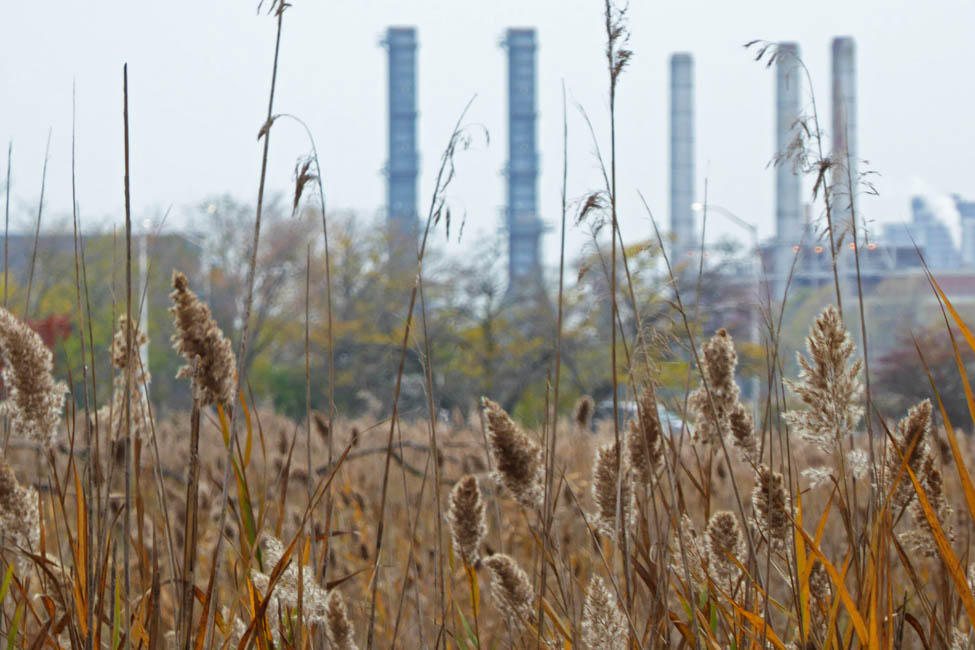


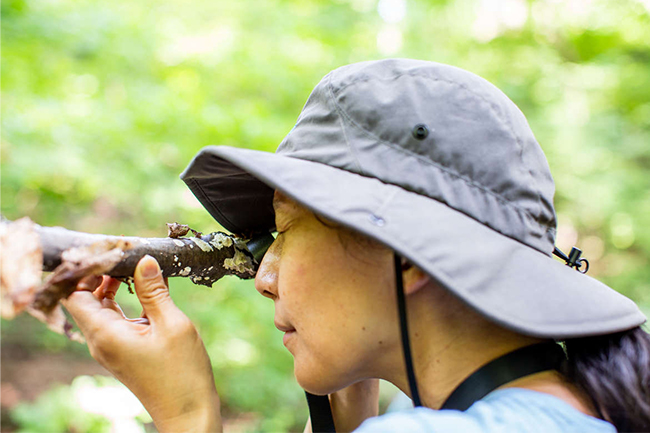


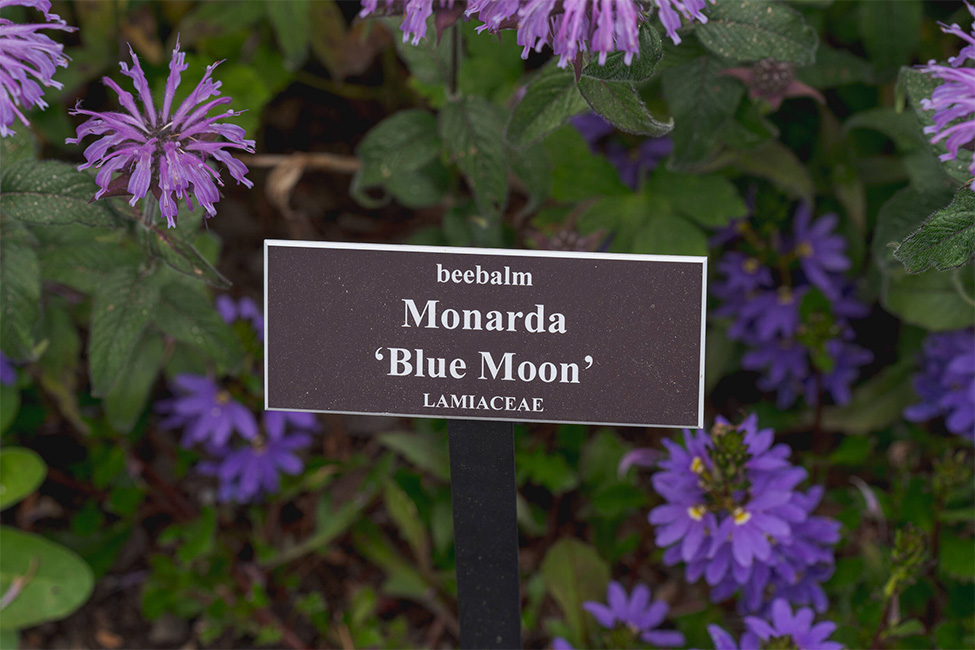


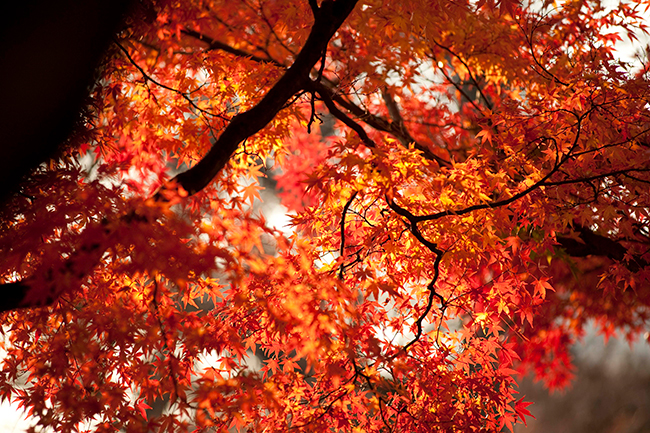


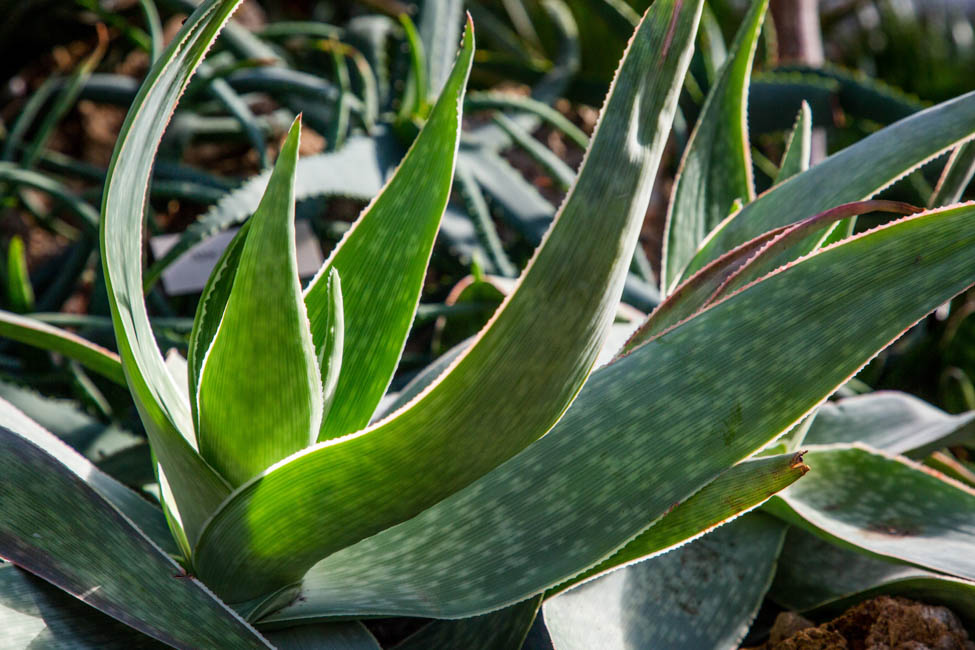


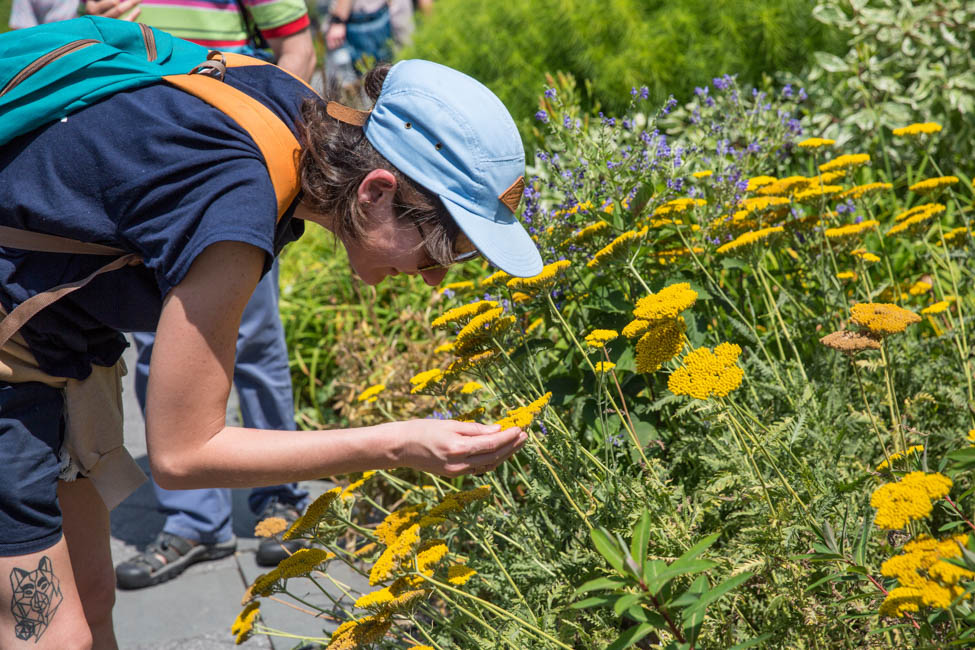


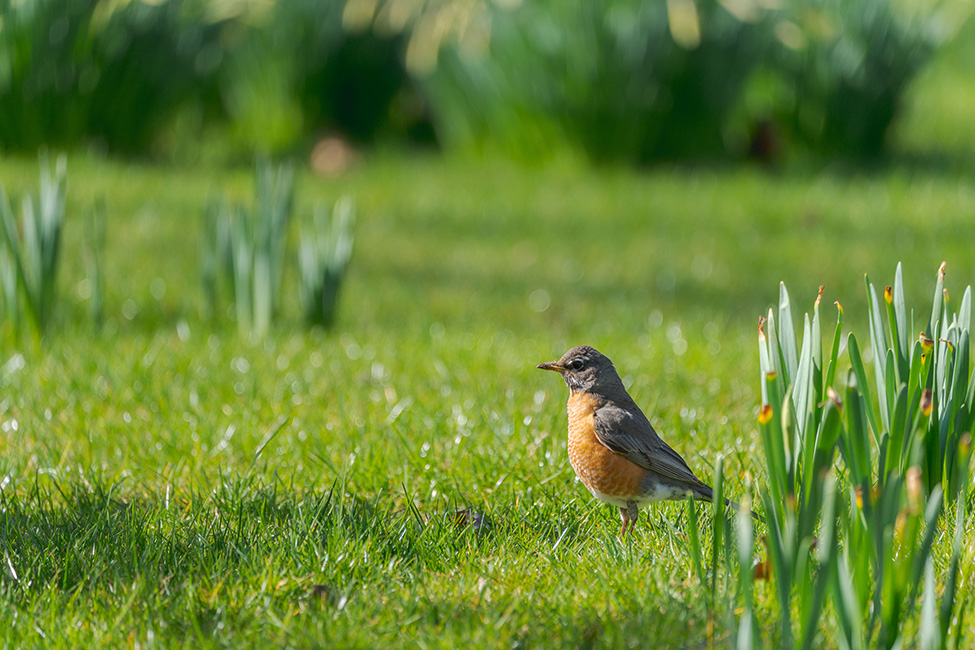


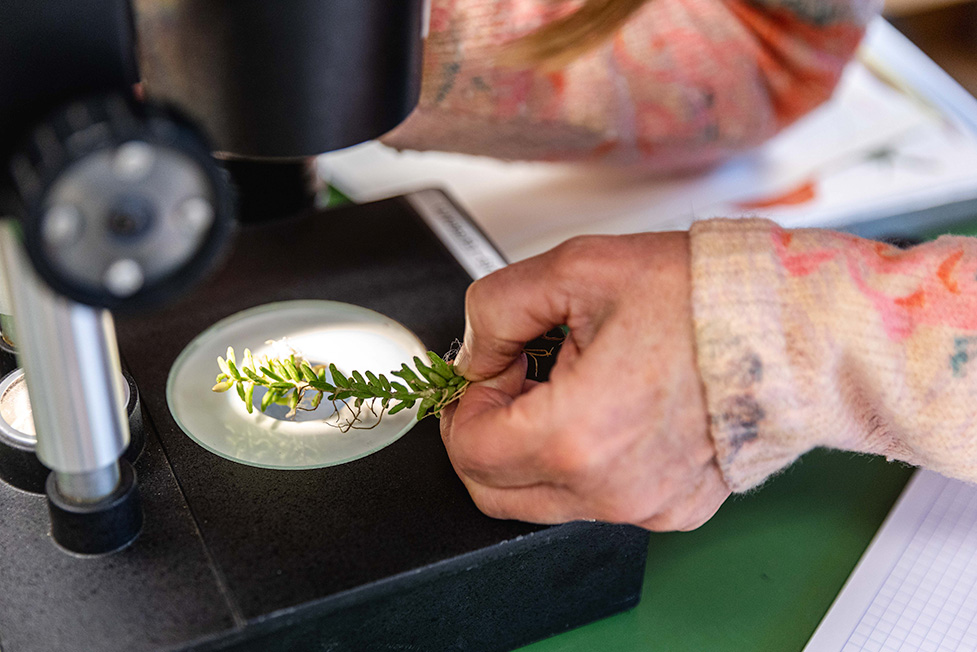


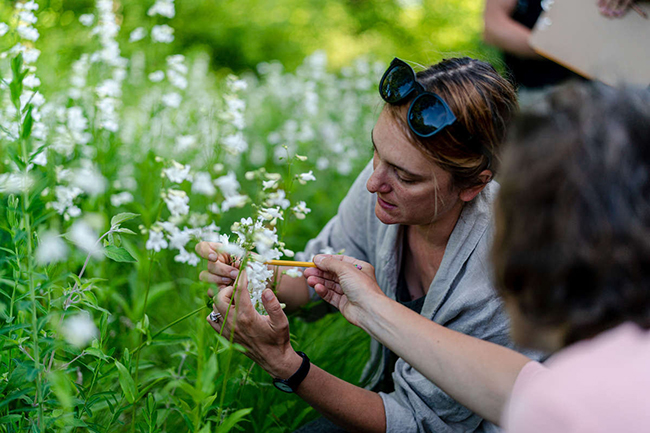








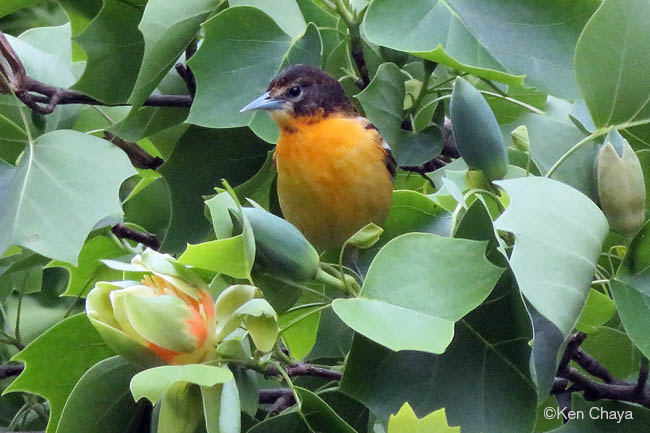








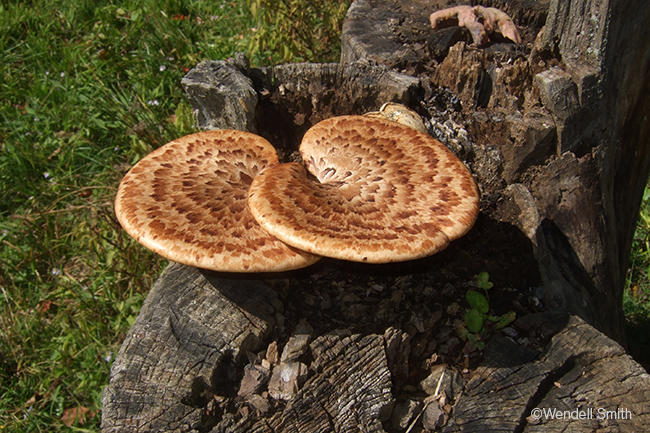


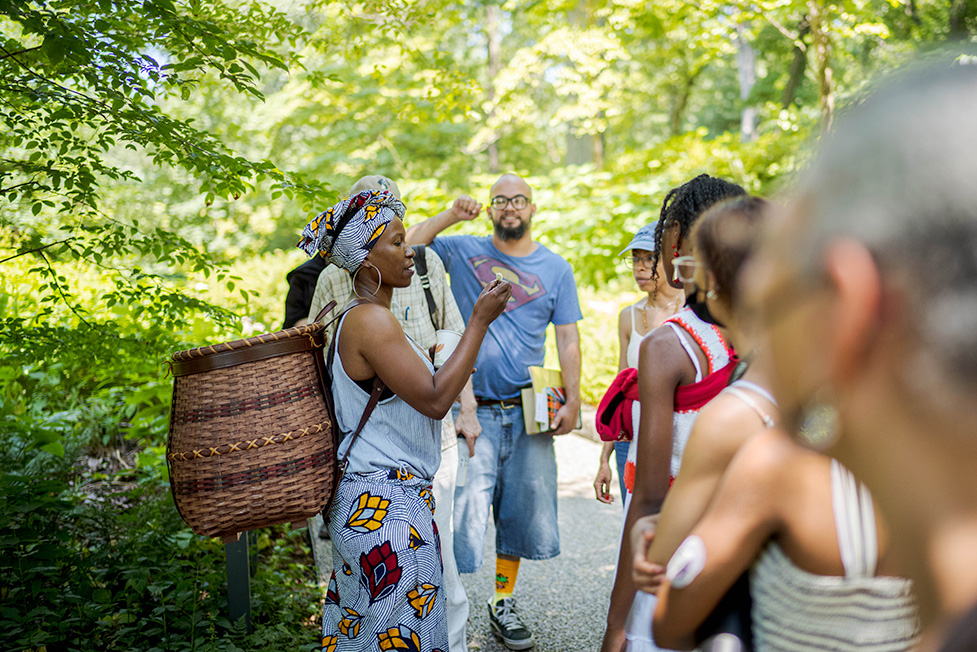


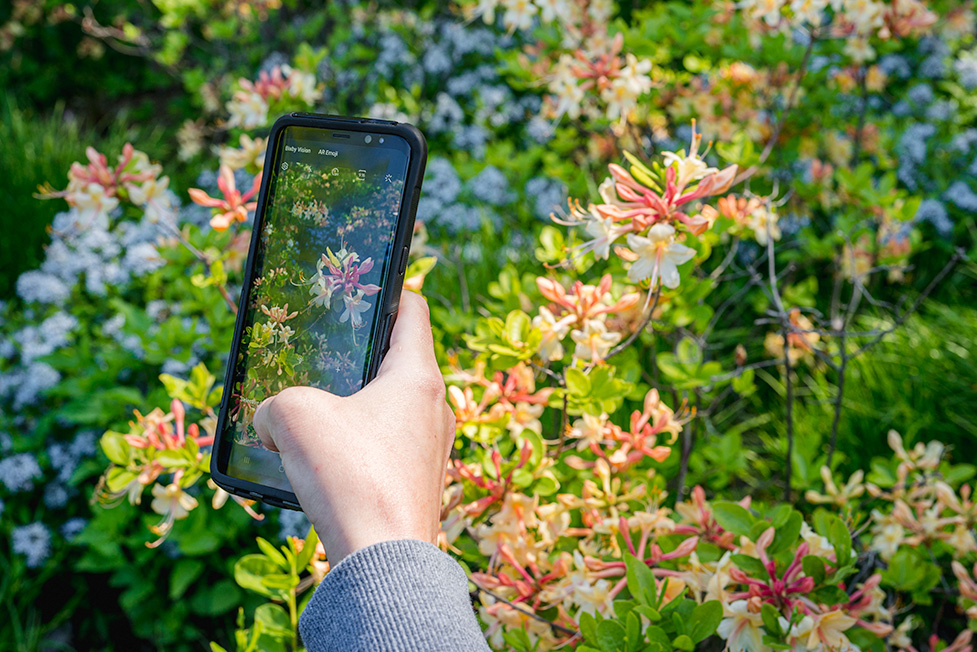


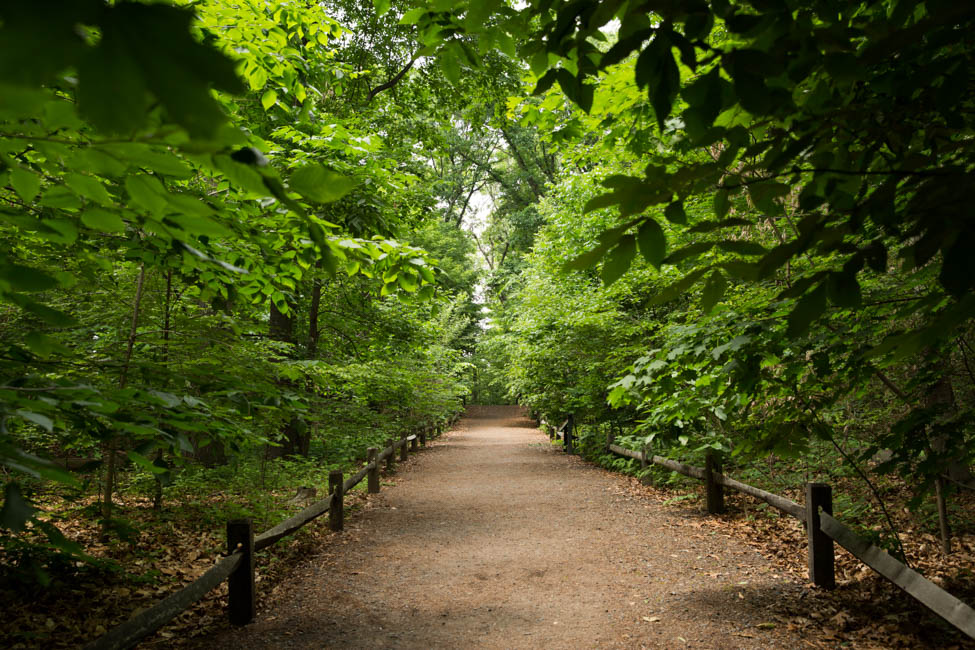














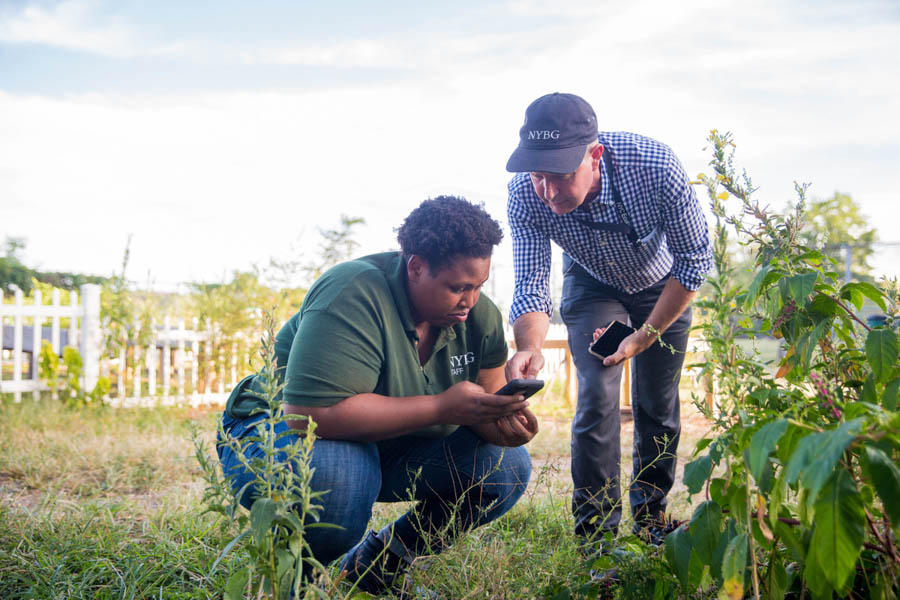


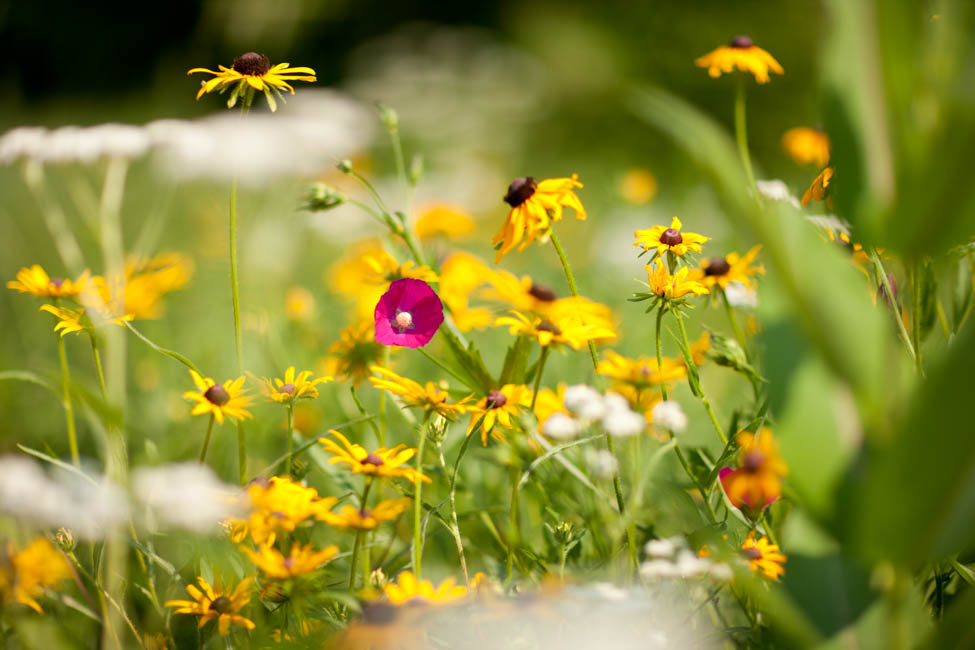


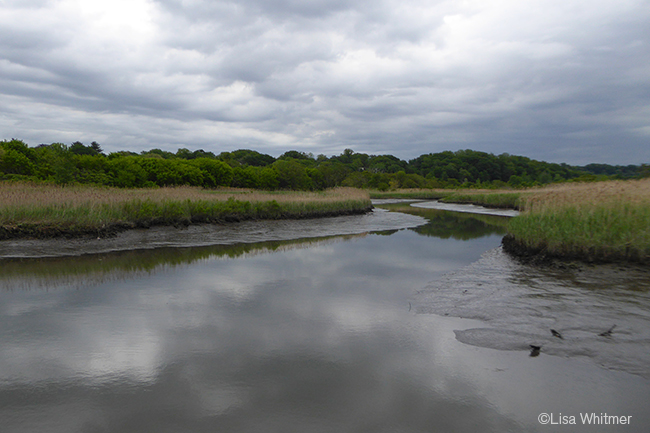


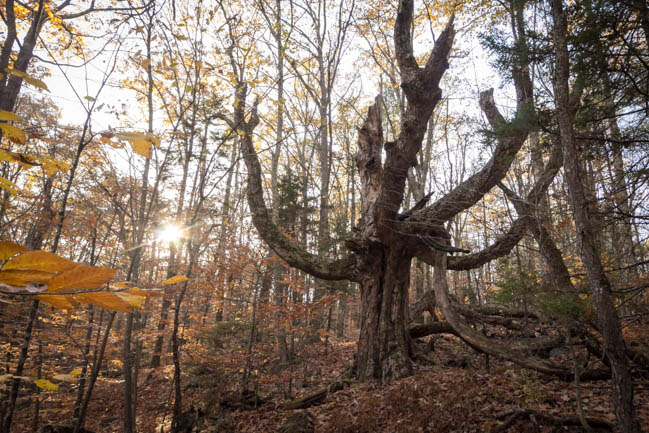


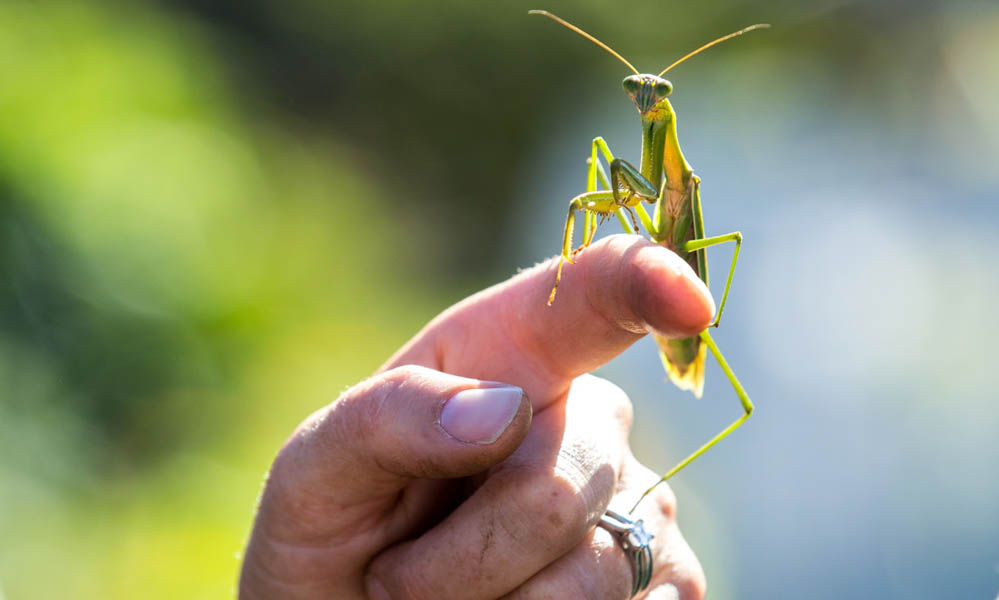


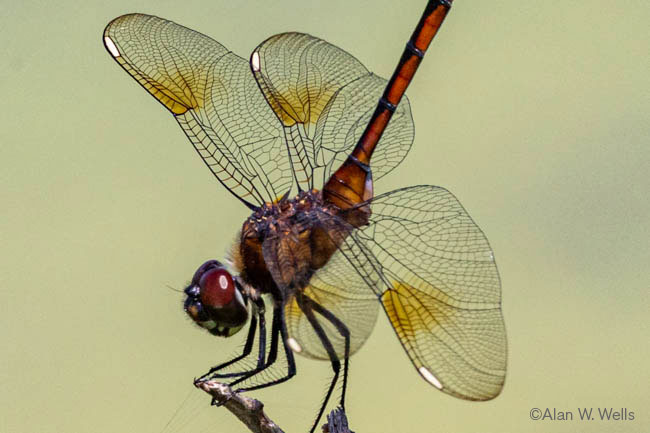


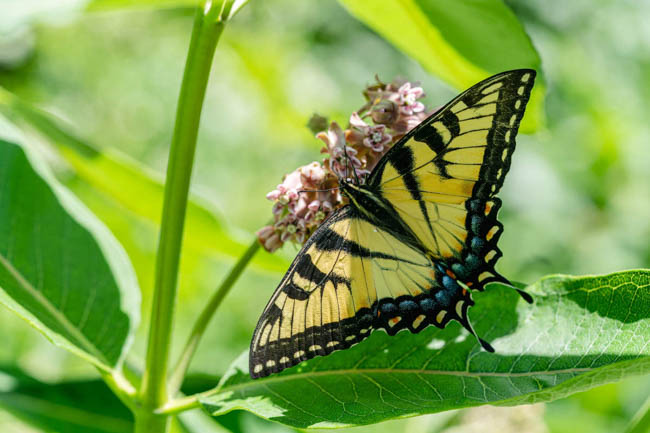














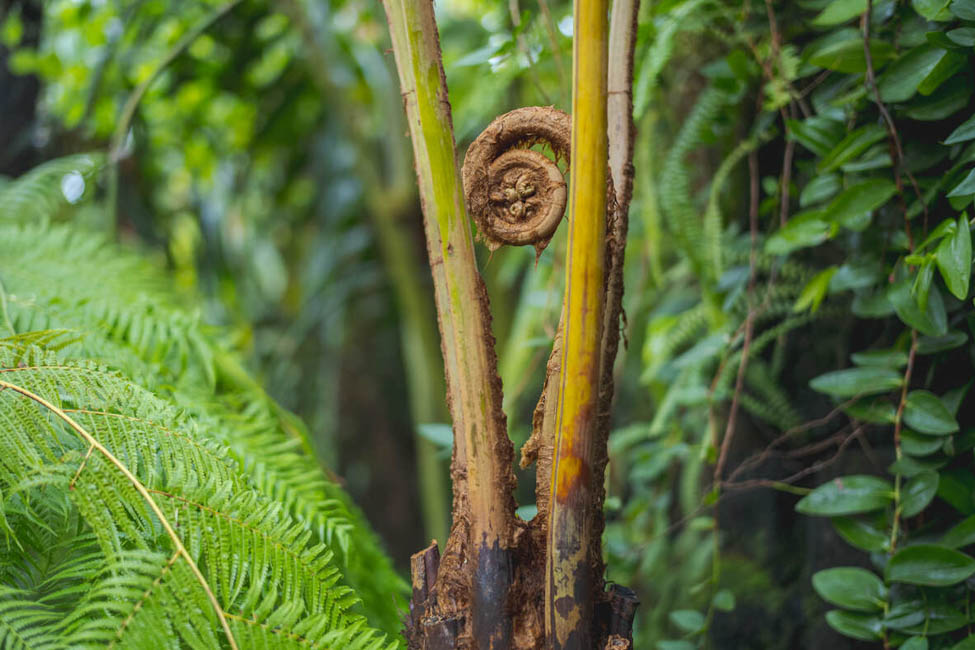














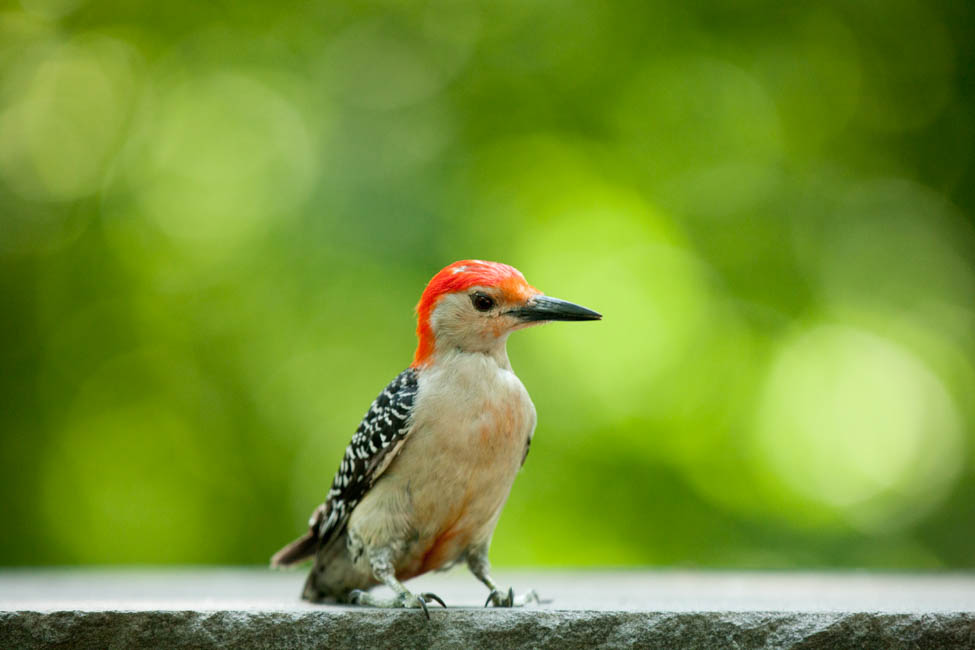


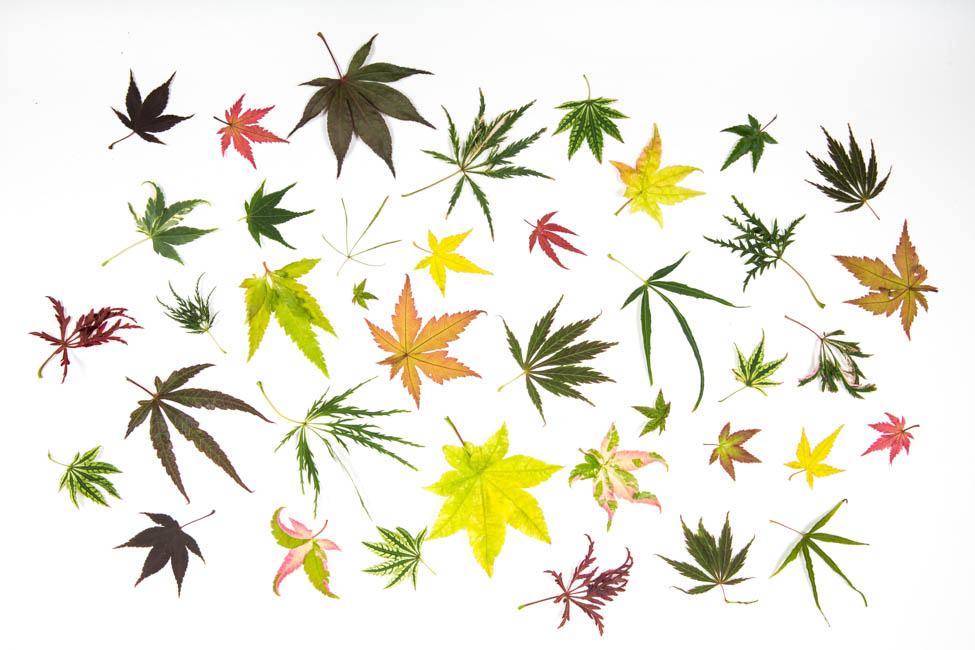


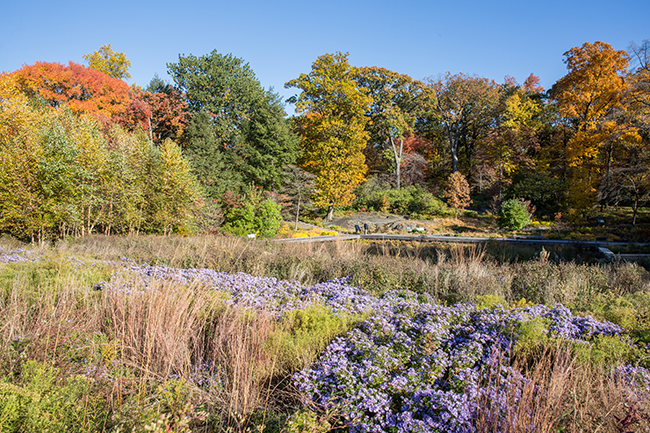



 Cart (0)
Cart (0)
